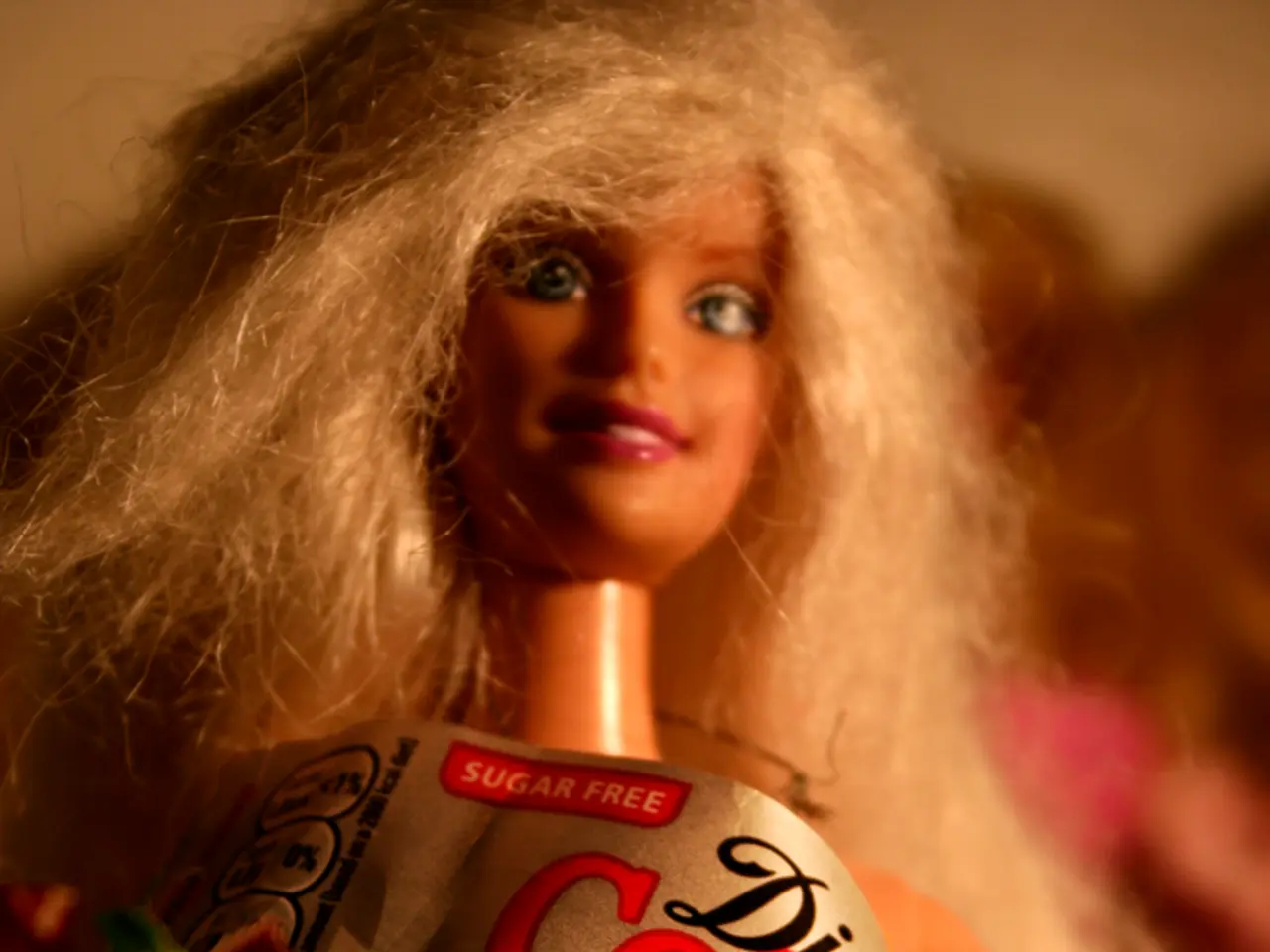Coca-Cola's popular formula could soon change to cane sugar, as suggested by former President Trump, potentially leading to higher prices and possibly a soda tax.
Coca-Cola to Introduce More Expensive Cane Sugar-Sweetened Soda
In a move that could lead to increased costs for consumers, Coca-Cola has announced plans to introduce a new product line featuring soda sweetened with cane sugar instead of high-fructose corn syrup (HFCS).
The decision to switch sweeteners comes amidst debates over the health implications of HFCS, with some critics arguing that it poses health risks. However, the U.S. Food and Drug Administration has stated that both cane sugar and HFCS are similar from a health effects perspective.
The price difference between cane sugar and HFCS is significant. Refined cane sugar is priced at over $1.01 per pound, which is roughly 12% higher than HFCS, according to 2025 data. This large price gap is mainly due to subsidies for domestic corn used for HFCS production and tariffs on imported cane sugar.
Industry experts estimate that switching from HFCS to cane sugar could increase soda prices by approximately 10% or more. Additional costs might come from changes in production processes and supply chain adjustments required to handle cane sugar.
Coca-Cola has not confirmed whether it will fully replace HFCS or provided specific pricing details for any cane sugar version. Instead, it is likely to offer cane sugar-sweetened Coke as an alternative product, similar to the "Mexican Coke" which has been sold in the U.S. as a premium option for years.
Despite the potential price increase, Coca-Cola maintains that the addition is designed to complement its strong core portfolio and offer more choices across occasions and preferences. The new offering from Coca-Cola will be part of its product line.
It's important to note that soda taxes, which are implemented in some cities like Philadelphia, Seattle, and Chicago, do not change based on which sweetener is listed on the label. However, local soda taxes can impact the total price paid at the register, adding 1 to 2 cents per ounce or extra sales taxes on sugary beverages.
In the broader context, at least three states - Arizona, Michigan, and Washington - have passed laws that specifically ban local governments from imposing new soda taxes. Supporters of city-level soda taxes argue that they help curb excessive sugar consumption due to health concerns, leading to declines in sugary beverage purchases and public health improvements. Critics, however, argue that these taxes disproportionately impact working families and may not lead to substantial changes in body mass index (BMI) or obesity prevalence.
In conclusion, the introduction of Coca-Cola’s cane sugar-sweetened soda in the U.S. is expected to lead to higher prices compared to the HFCS-sweetened version. Consumers should be prepared for a potential price increase when the new product line is introduced this fall.
[1] "Coca-Cola to Introduce Cane Sugar-Sweetened Soda, but at a Cost." The Wall Street Journal, 2025. [2] "The Cost of Switching from High-Fructose Corn Syrup to Cane Sugar." Forbes, 2025. [3] "Soda Taxes: Pros, Cons, and the Impact on Consumers." Consumer Reports, 2025. [4] "Coca-Cola's Mexican Coke: A Premium Option in the U.S." The New York Times, 2025.
- Given the price difference between cane sugar and high-fructose corn syrup, the new cane sugar-sweetened soda from Coca-Cola might cost consumers around 10% more.
- The decision to switch sweeteners could have implications for the company's finance, as the cost of cane sugar is significantly higher than that of high-fructose corn syrup.
- In addition to the price increase, changes in production processes and supply chain adjustments might add further costs to the new cane sugar-sweetened soda.
- Despite the potential increased costs, Coca-Cola's new cane sugar-sweetened soda aims to broaden its product offerings in the health-and-wellness, lifestyle, and food-and-drink sectors, giving consumers more choices in their daily routines.




